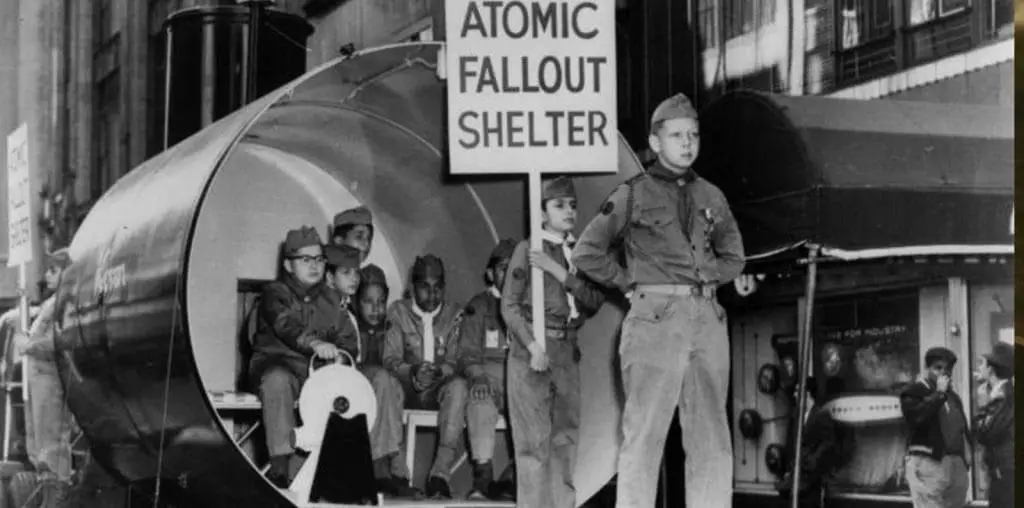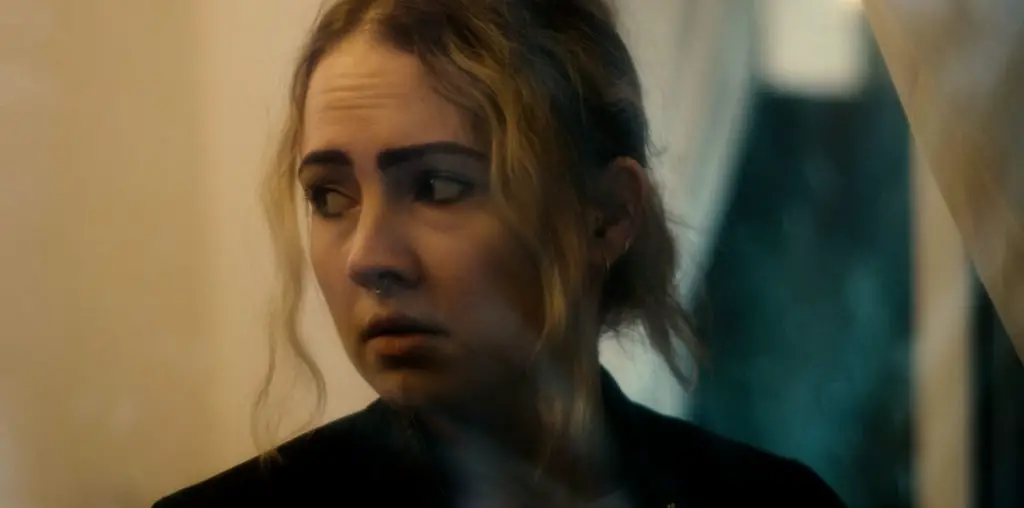
It’s not uncommon for a film that incorporates a lot of hand-held camerawork to cause you to forget you’re just watching a movie. You’re aware of the camera’s presence and sometimes you even feel that you’re intruding on a personal conversation or experience. When manipulated well, though, this shooting style transforms that sense of trespassing into one of privilege. For instance, the hand-held aesthetic dominates “Delivery Method” (Josh Apter). Employed with emphatic subtlety, the freely roaming camera captures moments of love, pain, and grief shared between the characters.
Partly inspired by John Cassavetes’s film “Minnie and Moskowitz” (1971), Apter’s film is about the “weird and unexpected chemistry” that can develop between two people. Gus (Richard Egan) delivers pot to various clients throughout New York City and Jessie (Tanya Clarke) is a massage therapist. They begin as strangers; move up to sort-of-acquaintances then business associates and then admirers.
There is a fair amount of humor in “Delivery Method” and in conjunction with the love element of the narrative, you’d suspect that a romantic-comedy lies hidden somewhere wishing to emerge. But unlike the average romantic-comedy, where personality friction alone is sufficient for the film’s conflict, Gus and Jessie’s initial inability to get along with each other contributes to character sustenance. What prevents them from admitting they like one another any earlier is internal, especially on Jessie’s part. As intimated throughout the film, Jessie hasn’t totally gotten over her late boyfriend. Guilt and frustration have been hampering the grieving process.
Gus makes more of an effort to be on cordial terms with Jessie, but until Jessie is ready accept his kindness, his energy is wasted. Given how determined Jessie is at maintaining some distance between her and Gus, it may seem odd when she does come around and loosens her guard. It is strange, but not out of character. People do strange things and at this point in the film, Jessie is more than a player in a love story. Gus may actually want to sweep Jessie off her feet in the end, but she’s just letting him put his foot in the door.
Apter may not categorize or even want to consider his film to be a romantic-comedy, but if he doesn’t mind, then he has made a great addition to the genre. A romantic-comedy should make you laugh, worry, get the sniffles a little, smile, and be filled with hope. “Delivery Method” does all of these things and more. Apter doesn’t leave you with a “happily ever after” finish, and as a result, Gus and Jessie’s story continues even after the film has ended.

